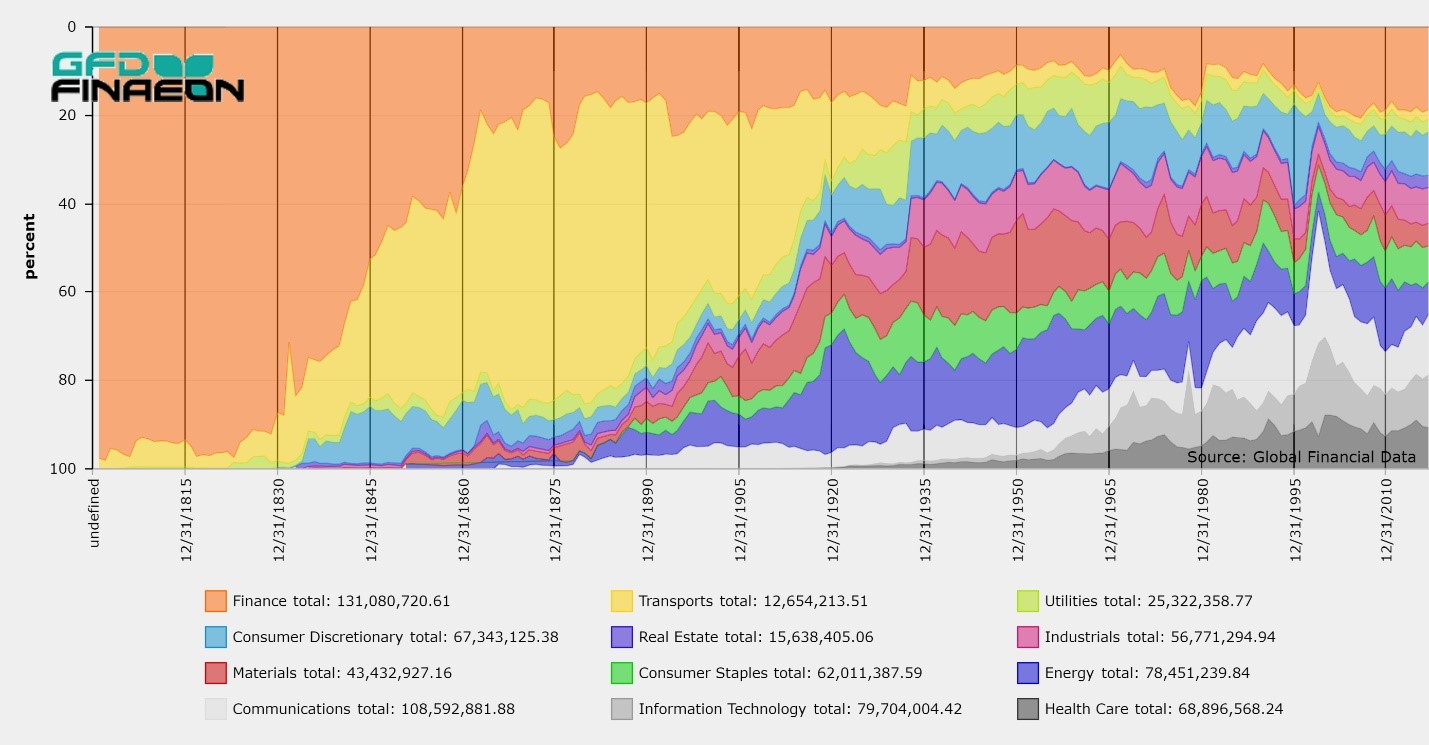BARACK OBAMA HAS BEEN ELECTED president of the United States in the midst of the worst financial crisis in decades. Economic stimulation has been intense: The Troubled Asset Relief Program has used up $350 billion, and credit facilities from the Federal Reserve have injected more than $1 trillion into the economy. (One of the only bright spots: The $100 decline in the price of oil since last summer saves Americans $2 billion per day.)
Now President-elect Obama is proposing a stimulus package that could reach $775 billion over the next two years; about $300 billion could come in tax cuts to individuals and businesses. Obama says the government could run trillion-dollar deficits for years.
Some are concerned, however, by the fact that the government is trying to address a crisis caused by too much debt—by borrowing even more, possibly creating even greater problems in the future. Indeed, the new debt will be with us for decades to come.
Yet the causes of the current economic crisis have been building up for decades. Our economic condition is the result of bad corporate decisions—such as AIG’s massive credit-default swap plays—and poor political policies.
Therefore, the economy needs real change now. The best course is to promote growth and recovery by permanently removing taxes on business, particularly through the elimination of tariffs and the corporate income tax.
This would stimulate the economy, help the middle class, create jobs in America, make theUnited Statesmore globally competitive and reduce corruption in Washington.
Tariffs are an antiquated legacy of the 19th century. They reduce economic efficiency and provide limited government income. Tariffs are used more to protect industries that lobby Congress successfully for special treatment than to increase government revenues.
The U.S. government worsened the Great Depression when it passed the Smoot-Hawley Tariff Act in 1930. In an ominously similar way, the World Trade Organization’s current Doha Round has failed to create a new agreement on freer trade. To set the right example, the U.S. should sidestep the negotiations and eliminate tariffs unilaterally. In 2007, customs duties and fees were $26 billion, or about 1% of federal government receipts. Removing tariffs would have a small impact on government revenues, but would show that the U.S. is not going to repeat the mistakes of the 1930s. Eliminating tariffs would promote global trade and competition, and it could show the world how to survive the economic crisis and profit from globalization. It would benefit the U.S. and the whole world.
As for corporate income taxes, the U.S. was a leader and now it lags. The 1986 tax reform lowered the top corporate tax rate from 46% to 34%, giving the U.S. one of the lowest rates in the developed world. Since 1986, other countries have reduced their corporate taxes, and today the 34% rate is one of the highest in the world.
Most Americans see the corporate income tax as a way that corporations bear the cost of government services. However, corporations treat the tax as a cost of business, which is passed on to consumers in the form of higher prices, to workers in the form of lower wages, and to shareholders in the form of lower dividends.
In other words: Corporations don’t pay taxes, people pay taxes.
The corporate income tax also imposes billions of dollars in compliance costs on corporations and distorts their spending, investment and financing decisions as they find ways to reduce their tax liabilities.
Even worse, most corporate tax breaks and subsidies provide special benefits to some corporations and some industries at the expense of their competitors. The Corporate Welfare Information Center estimates that corporate subsidies and tax benefits total $150 billion annually. Eliminating the corporate income tax and tariffs would put thousands of Washington lobbyists on the unemployment line.
The greatest problem with eliminating the corporate income tax is the revenue loss. Since 2000, federal revenue from the corporate income tax has averaged $229 billion a year.
The only way of making up these revenues would be to increase personal income taxes. The Bush tax cuts are due to expire in 2010 anyway, so this tax increase would replace most of thelost revenue from the corporate income tax. Only the top 5% of taxpayers would face higher taxes. The remaining 95% of taxpayers would reap the benefits ofeliminating the corporate income tax with no increase in their tax burden.
If corporations pay $229 billion less in taxes each year, that is $229 billion that would be redistributed to consumers in the form of lower prices, to workers in the form of higher wages, to workers through new jobs resulting from more profit and investment, and to shareholders in the form of capital gains and higher dividends.
At zero, the U.S. would have the lowest corporate tax in the world. This would attract U.S. and foreign firms to invest in the U.S. The economic distortions of the corporate income tax would be removed, as would the corrupting influence of the corporate income tax on politics.
Eliminating both the corporate income tax and tariffs would constitute real change for America, for the economy and for the world. It would provide tax reform, not tax redistribution; reduce corruption, not encourage it; provide long-term solutions, not short-term fixes; attract new capital and investment into the United States; and increase
jobs, raise wages and lower prices.
Americans are tired of Wall Street and Washington working together at the expense of Main Street. Barack Obama should seize this opportunity to provide America with much-needed corporate and economic reform. Now more than ever, we need real change.

